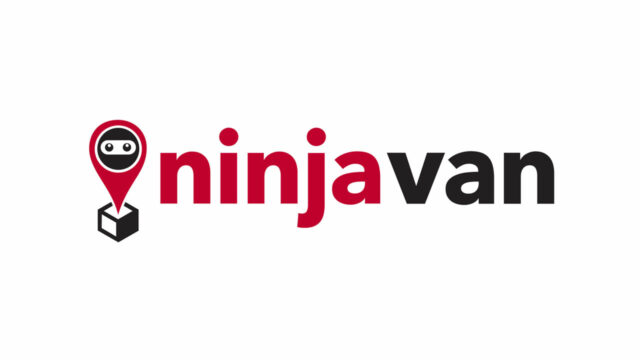Ninja Van PHL expanding services beyond traditional last-mile delivery

Logistics company Ninja Van Philippines is expanding its services beyond last-mile delivery by introducing a wide range of logistics solutions, a company official said on Thursday.
“We’re branching forth beyond the last-mile [delivery],” Jose Alvin Perez, country head of Ninja Van Philippines, told reporters during the company’s seventh-anniversary media tour and briefing in its hub in Cabuyao, Laguna.
The company has introduced other services that provide additional value to its customers.
Such services include “Ninja Direct (procurement service), Ninja Fulfillment, Ninja Rewards, and account management,” Mr. Perez noted, adding that the company also intends to continue investing in new technology for its online dashboards like automated callouts.
“We do have $50 million across the region to invest,” said Sabina Lopez-Vergara, chief commercial officer of Ninja Van Philippines.
“We are also talking to a lot of digital platforms,” she added on optimizing cash collections given the persistent cash-on-delivery market in the country.
The logistics company is optimistic about the growth and potential of the e-commerce market in the Philippines. “There’s so much to figure out, especially in a country like the Philippines, sending parcels in different islands,” Mr. Perez said.
The Philippines’ e-commerce sector is anticipated to jump by 2025, with gross merchandise value expected to reach $15 billion, according to an analyst from Franklin Templeton Emerging Markets Equity.
The country’s e-commerce market had an estimated gross merchandise value of $4 billion in 2020 when the coronavirus pandemic started to affect most industries.
Logistics in the Philippines has unique challenges due to its archipelagic nature, and this is where the company steps in, Mr. Perez noted.
He said the company is “just starting to scratch the surface” of e-commerce in the Philippines. “We have yet to see significant business coming from outside Metro Manila.”
The company is also dedicating resources to set up and enhance facilities all over the country, as it aims to serve a broader market and ensure that its services are accessible even in far-flung areas such as Tawi-Tawi.
“[We are] establishing delivery stations, and we will continue to expand. On the tech-driven solutions, the focus now is how to improve the experience of the sellers,” Mr. Perez said.
Ninja Van opened its 21,000-square meter fully automated hub in Cabuyao, Laguna last year — its largest in Southeast Asia. With fully integrated measurement and sortation systems, its receiving and outbound capacities were boosted by 300% and 400%, respectively, according to the company.
Group-wide, Ninja Van offers logistics solutions across Southeast Asia and operates in Singapore, Malaysia, the Philippines, Indonesia, Vietnam, and Thailand. — Miguel Hanz L. Antivola



